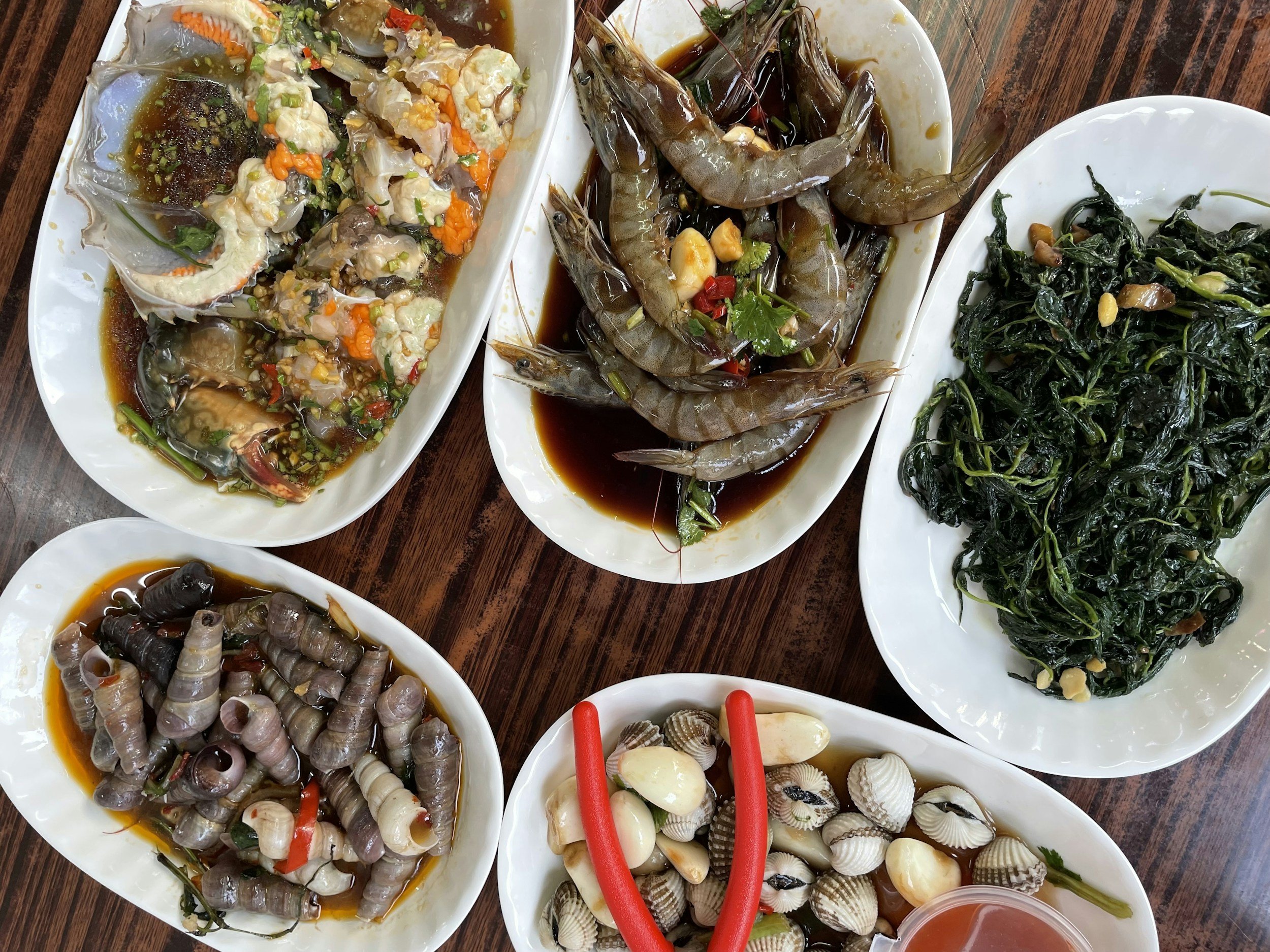
Welcome to the Learn Portal
Your gateway to Basque culture and gastronomy. Six strands, many stories.
A space where food is history, knowledge, ritual, economy, and identity.
Here, you’re invited to explore the many layers of Basque culture and gastronomy through six intertwined strands: Gastronomic Sciences, Basque Ingredients & Traditions, Cultural Foodways, Gastronomic Tourism, Recipes & Rituals, and Markets & Makers. Each strand is both a window into the Basque world and a way of rethinking food itself: place-aware, politically conscious, and vibrantly alive.
Whether you come as an artist, traveler, cook, or cultural organizer, this is where food becomes system, memory, art, and agent of justice. Rooted in the Basque region yet open to global intersections, this anthology asks: How do we learn from food? How do we protect what is most precious? How do we honor the hands that create each meal?
The Billion Dollar Taste: Umami, MSG, and the Stories We Tell About Flavor
Over the last half-century, monosodium glutamate (MSG) has traveled a remarkable arc: from Japanese scientific marvel to quiet workhorse of industrial flavor, from scapegoat in a racist moral panic to unlikely wellness tool in low-sodium, plant-based, and “clean label” formulations.

The 5th Learn More About Umami
FAQ’s
Is gastronomy the same as culinary arts?
No. Culinary arts focus on how to cook: techniques, recipes, presentation.
Gastronomy looks at why food matters: culture, history, science, sustainability, and justice.
What jobs exist in gastronomy?
Gastronomy graduates work in food research, food policy, sustainability, education, hospitality, publishing, tourism, and cultural projects. Some become chefs, but many work in fields where food intersects with society.
How does gastronomy relate to sustainability?
Sustainability is at the core of gastronomy. It studies how farming, fishing, distribution, and waste impact the environment, and how we can create food systems that nourish both people and the planet.
Why is gastronomy important today?
Because food connects everything: health, environment, economy, identity. Studying gastronomy helps us understand how to feed people fairly, sustainably, and meaningfully in a changing world.
Is gastronomy just about fine dining?
Not at all. While gastronomy includes the study of haute cuisine, it also looks at everyday meals, street food, agriculture, traditions, and food justice. It’s as much about a family recipe as it is about a Michelin-starred dish.
Is gastronomy a new field?
Not entirely. People have been studying food for centuries, but “gastronomy” as a modern, interdisciplinary field has grown in the last few decades; blending science, culture, and activism into a formal area of study.
Do I need to be a chef to study gastronomy?
No. Gastronomy welcomes people from many backgrounds: history, science, agriculture, activism, communications. Cooking skills help, but curiosity about food and culture matters more.
Where can I study gastronomy?
There are programs worldwide, but one of the most recognized is the Basque Culinary Center in San Sebastián, Spain, where I’m studying.
What’s the difference between gastronomy and nutrition?
Nutrition focuses on how food affects health, calories, and nutrients. Gastronomy zooms out to look at the bigger picture (culture, environment, justice, and meaning) while still acknowledging nutrition as one piece of the puzzle.






